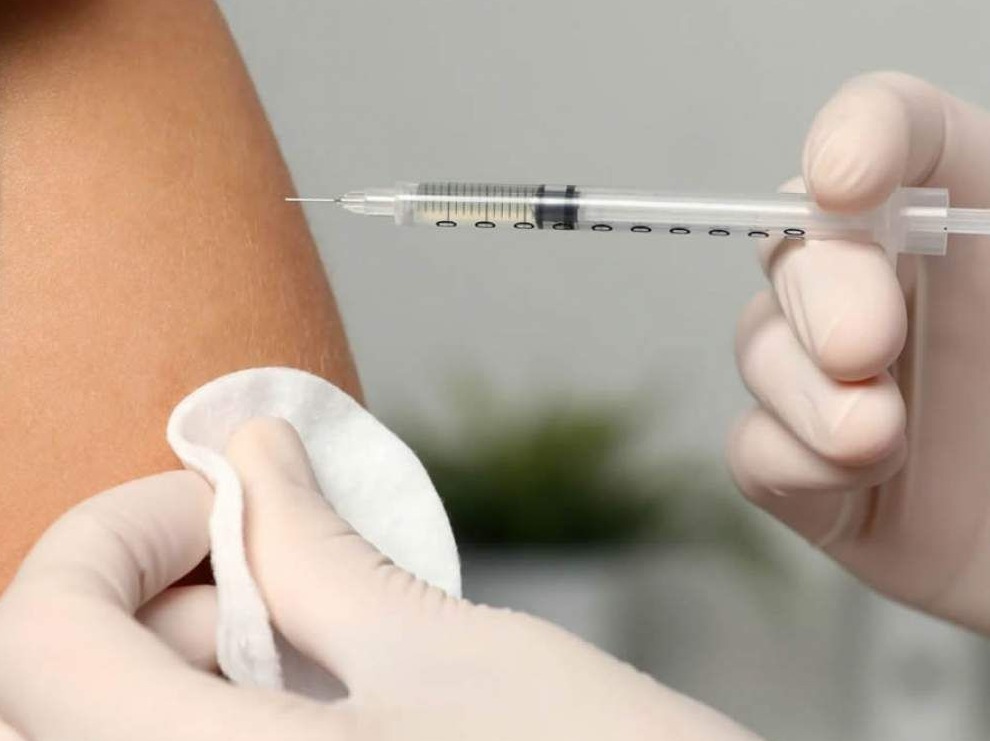Flu prevention includes annual vaccination and general precautions such as hand washing, coughing in the crook of the elbow, and avoiding crowded places. Vaccination is the most reliable protection, but it does not provide a 100% guarantee and does not protect against other viruses. Vaccination should be carried out every year before the start of the flu season, ideally in the fall, 3-4 weeks before the epidemic.

Vaccination
When to do it: In the fall, 3-4 weeks before the start of the flu season. The protective effect occurs after 8-12 days and lasts about a year.
Who is at risk: First of all, it is recommended to vaccinate children from 6 months of age, pregnant women, the elderly (over 60 years old), medical professionals and people with chronic diseases.
Contraindications: Absolute contraindications are severe allergies to egg white or to previous flu vaccines. Temporary — acute illness or exacerbation of a chronic illness.
Effectiveness: The vaccine reduces the risk of disease and significantly facilitates the course of the disease, if it does occur, minimizing the risk of complications.
Possible reactions: Minor reactions may occur within 1-2 days after vaccination, such as low fever, malaise, weakness, muscle pain, or soreness at the injection site. This is normal and indicates an immune response.

General prevention
Hand hygiene: Wash your hands regularly and thoroughly with soap, especially after being in public places.
Respiratory etiquette: Cough and sneeze into a napkin or, if not present, into the crook of your elbow.
Avoid contact: Keep your distance from people with signs of illness.
Limit visits to crowded places: Try to avoid crowded places, especially during epidemics.
Immunomodulators and antiviral agents: Self-medication with these drugs is not recommended. Only a doctor can assess the condition and prescribe the necessary treatment, which may include antiviral drugs.
Take care of your health!



